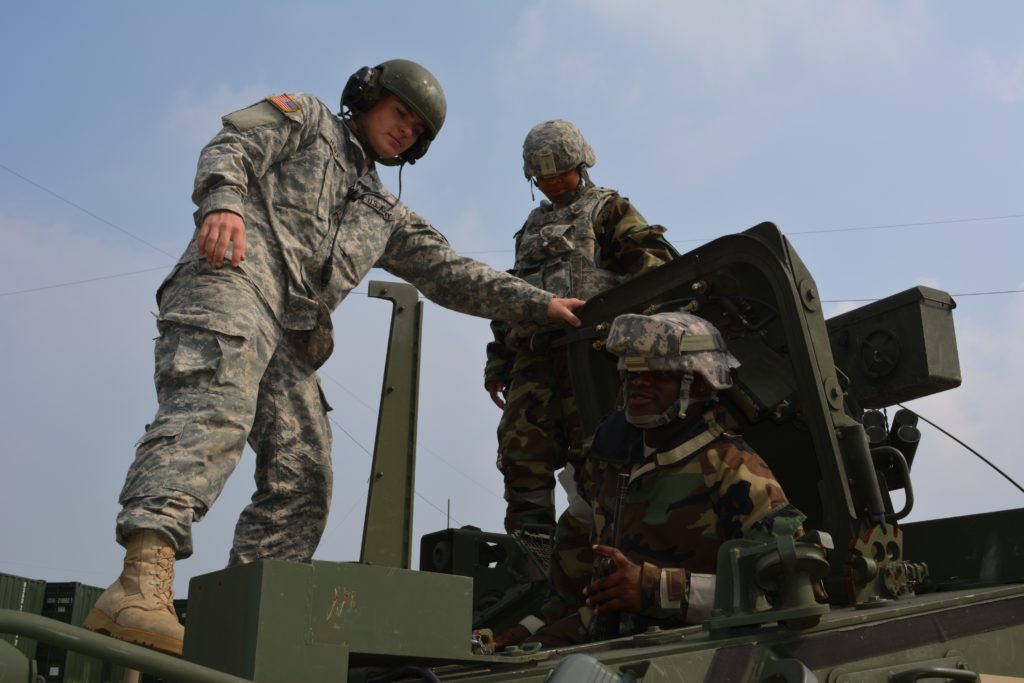The Peninsula
The Next Potential Flash Point with North Korea – August Military Exercises

By Mark Tokola
Although tensions with North Korea seem to have eased during the past few days with statements by Secretary of State Tillerson and Secretary of Defense Mattis emphasizing diplomacy over military confrontation, the test of wills between Washington and Pyongyang continues with the U.S. government stating that it will settle for nothing less than talks leading to denuclearization, and soon, and North Korea continuing to say that it will never give up its developing nuclear arsenal. There is urgency to the question, “What will happen next?”
What happens next could be another missile or nuclear test — the last nuclear test, the fifth, took place on September 9, 2016. Or, it could be a conventional provocation against South Korean forces, although the last significant incident of that nature was in August, 2015, when North Korean forces planted a landmine where they knew it would injure South Korean soldiers. Or, it could be another cyberattack against the United States. North Korea cyberattacks happen frequently enough against South Korea that they attract little attention. Or, what happens next could take place around the time of the U.S.-ROK military exercise scheduled for August 21-31, “Ulchi-Freedom Guardian.”
Annual U.S.-ROK military exercises have taken place for years, and for years have drawn fiery condemnations and threats from North Korea. North Korea routinely condemns the exercises as proof of hostile intent towards the DPRK and on occasion has threatened retaliation if exercises proceeded. China has suggested a “double-freeze”; that perhaps North Korea could refrain from further testing if the U.S. and ROK would refrain from their military exercises. South Korean President Moon Jae-in has rejected this proposal on the grounds that whereas North Korea’s testing is in violation of United Nations Security Council Resolutions, military exercises are perfectly legal. We should not trade a legal practice against an illegal one, he says. It is also reasonable to question North Korea’s sincerity when it has never offered to suspend its own military exercises.
It may not be a coincidence that North Korea claims that it will have plans ready in mid-August to send missiles in the direction of Guam. The timing of the threat may be linked to the Ulchi-Freedom Guardian exercises. The exercises are almost certain to proceed, particularly at a time when the U.S.-ROK Alliance will feel the need to demonstrate its resolve to defend South Korea. How North Korea deals with the exercises may be revealing. It would be unremarkable if it used its normal, threatening language regarding the exercise. That’s what one would expect. If it elevates its rhetoric to specific threats or, in the worst case, carries out a provocation in response to the exercise, tensions could significantly increase. If North Korea issues what appears to be little more than a pro forma objection to Ulchi-Freedom Guardian, that could be a signal that the stage is being set for negotiations.
Mark Tokola is the Vice President of the Korea Economic Institute of America. The views expressed here are his own.
Photo from 210th Field Artillery Brigade, 2ID US Army’s photostream on flickr Creative Commons.
